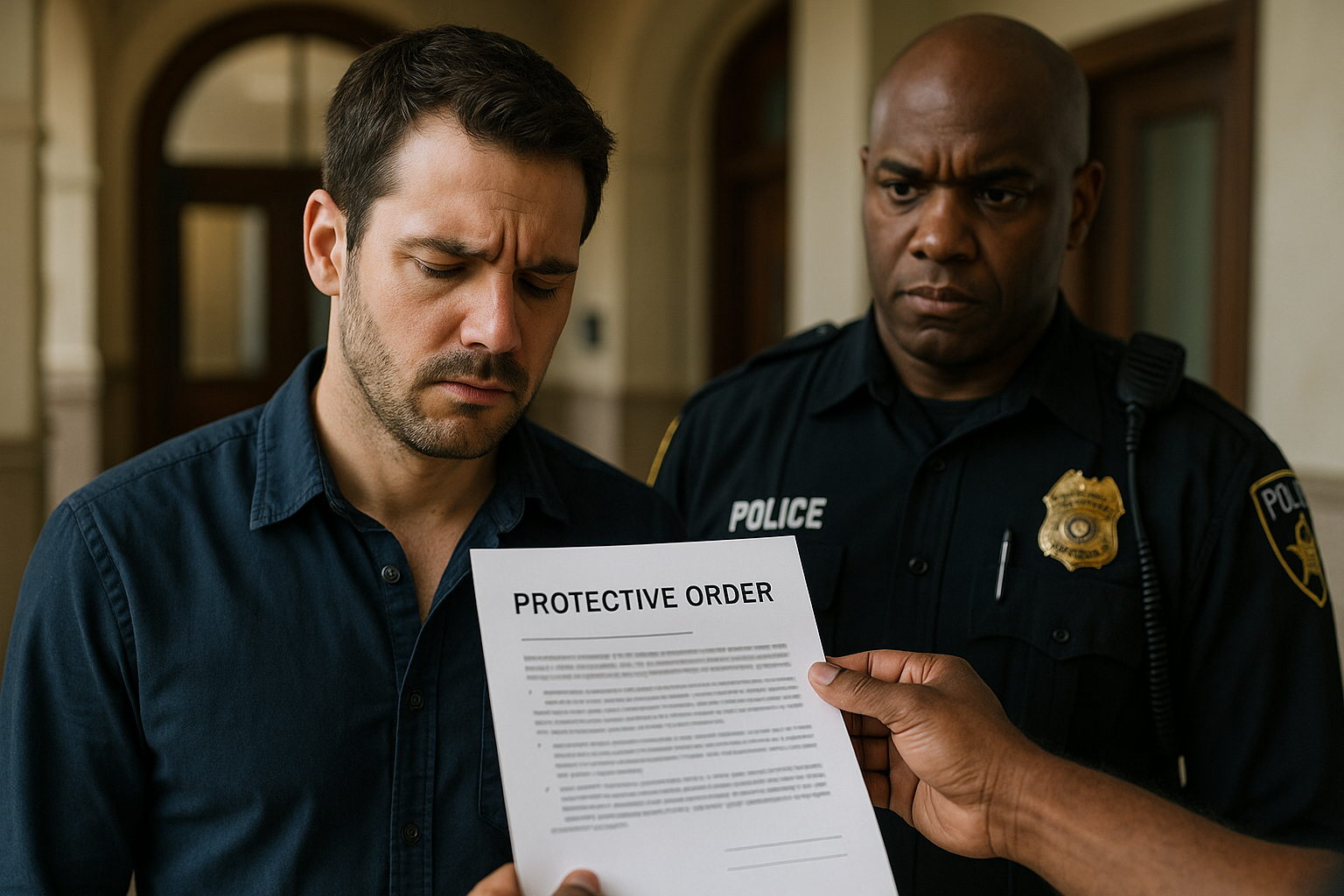Can a Charge of Trespass Lead to Domestic Violence Charges?
San Antonio Trespass Charge Attorney
Interviewer: Can trespassing be considered domestic violence?
Gary Churak: No. Trespassing is a totally different charge. That is not considered domestic violence.
Trespassing is basically remaining on the premises after being told that you can’t remain there anymore. That usually requires some kind of warnings and notifications. Now trespasses can eventually lead into domestic disputes, if somebody hangs around and argues and the situation deteriorates from there and I have seen that happen.
A Finding of Family Violence Will Prevent the Individual from Having Primary Custody of the Children
I have seen it family-in-law situations and custody issues, where people use the threat of domestic violence as leverage a lot of times. Under Texas law, if you have a finding of family violence, you cannot have primary possession of your child.
Basically that means that you never can have full primary custody of your kid if you have a family violence finding, not conviction even. There’s a lot of writing on stake in these types of cases.
Quite often, we see situations where it’s boyfriend/girlfriend with the baby involved or husband and wife with the baby involved that eventually may lead to a divorce action that also affects the parental rights of the one party.
Can the Police Question Children at the Scene of Domestic Violence?
Interviewer: Now during the process can a police officer question the child without consent?
Gary Churak: They usually don’t question a child. It maydepend on how old the child is but they rarely question the child because they don’t care what the facts are.
The bottom line is if the police arrive and the wife or husband says that, “You hit me,” and even if it’s mutual combat, like I said, they’re going to take them off to jail.
Interviewer: Let’s say there are parents involved in an incident but there weren’t any children present at the time, will the parenting rights still be taken away from the offending party?
Gary Churak: They don’t take away the parenting rights. What happens is that you cannot have primary custody of a child. If you’re in a joint conservatorship and you want to have primary custody, if you have a finding of family violence that can’t happen. The thing about it, the domestic violence incident doesn’t necessarily have to be with your spouse or ex-spouse or mother of your child.
Primary Custody Will Be Denied to a Party Even If the Domestic Violence Incident Did Not Occur with the Other Parent
You could’ve had a family violence case with an old girlfriend years ago with no child involved and there was a finding of family violence and then you move on with your life. You get married. You have a family. The marriage falls apart. There’s a divorce.
There are issues about who’s a better parent, who should have custody of the child and all of the sudden the other side’s attorney finds out you have a family violence finding on your record and you’re finished. You’re through. That’s it. You cannot be granted primary possession of that child so it’s the end of your case there. There are many lingering issues involved with family violence and domestic violence cases.
‹ Back














